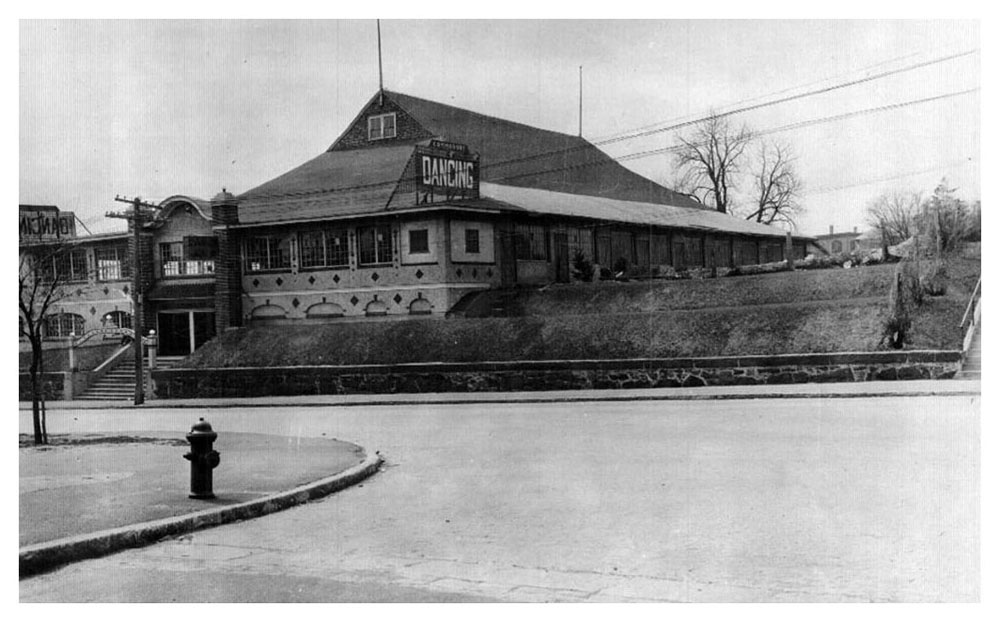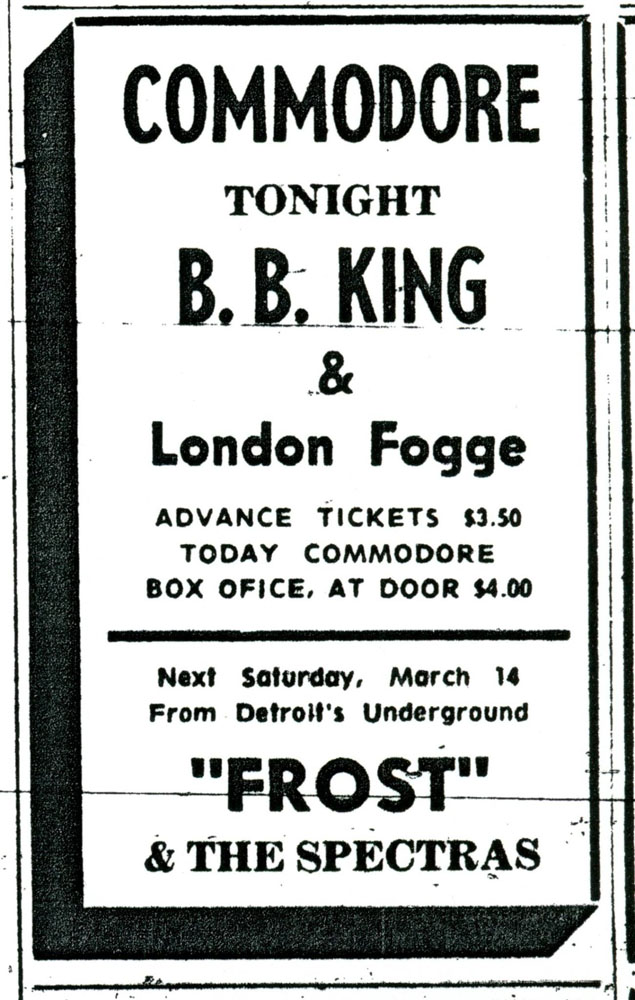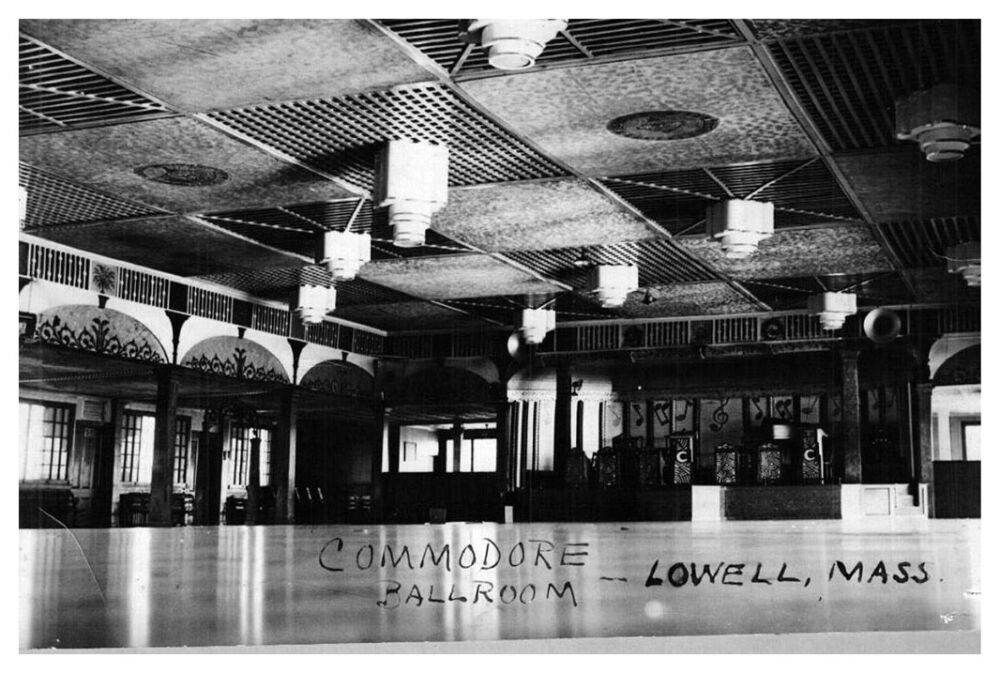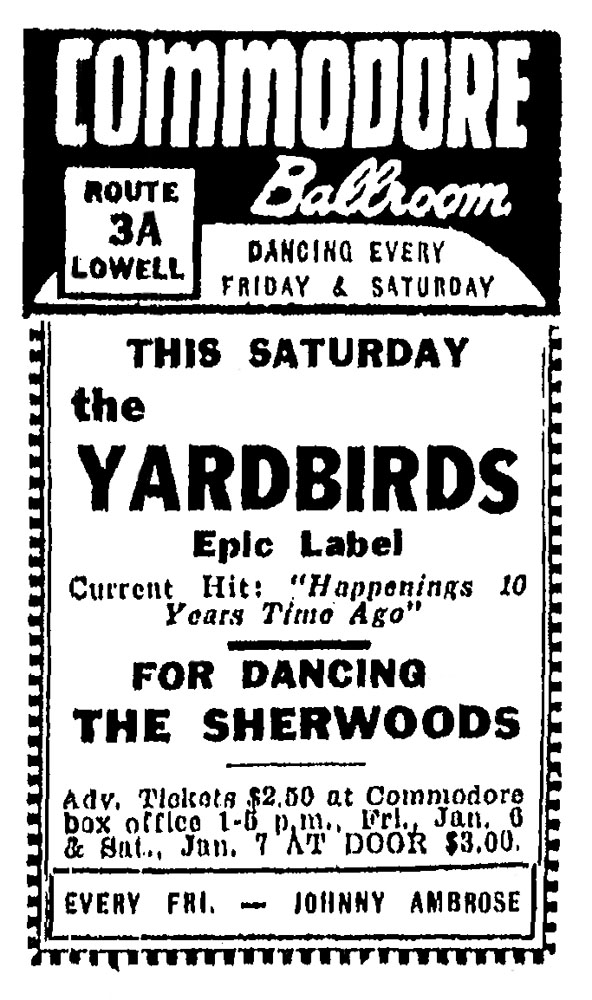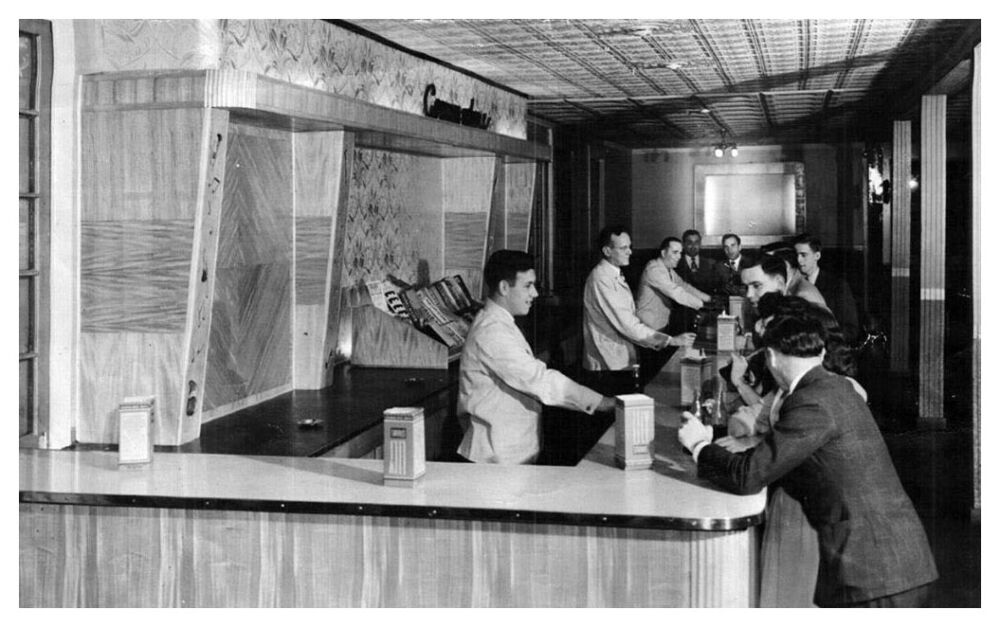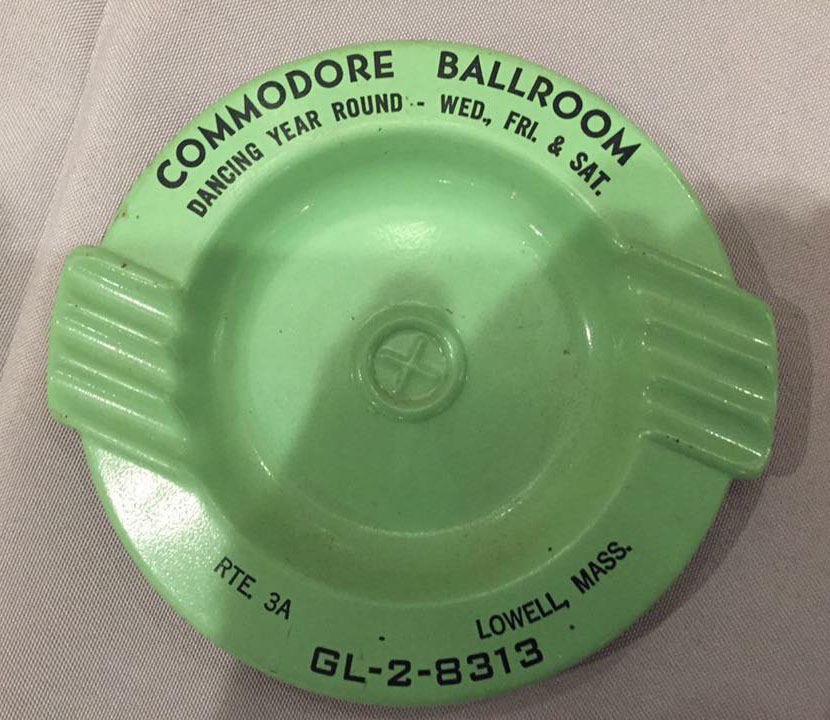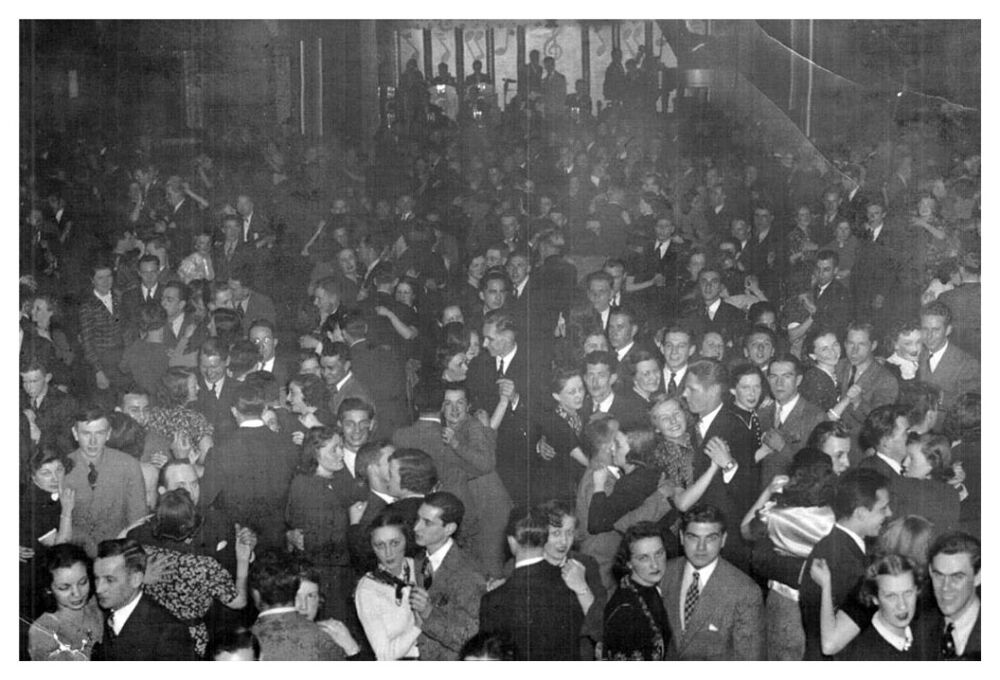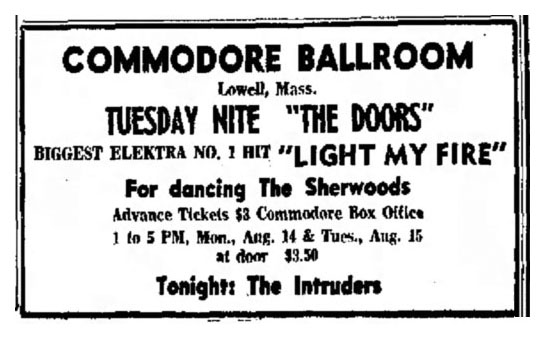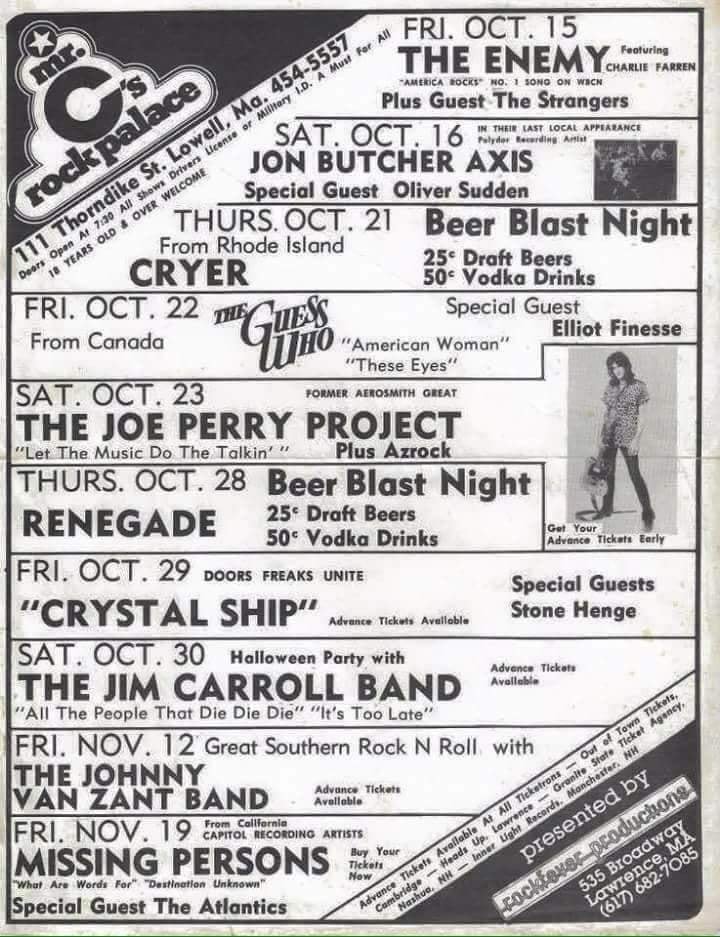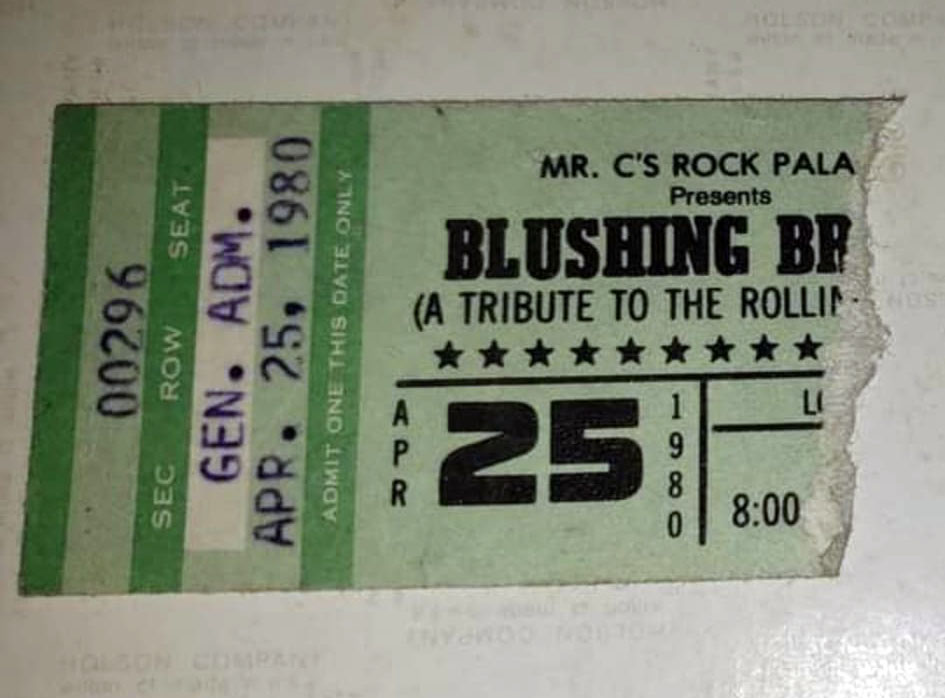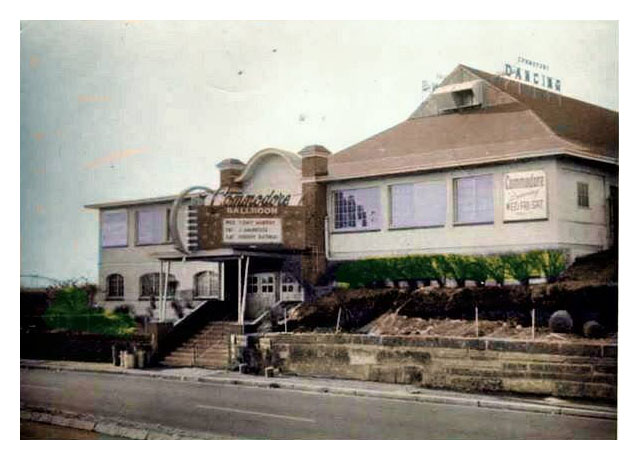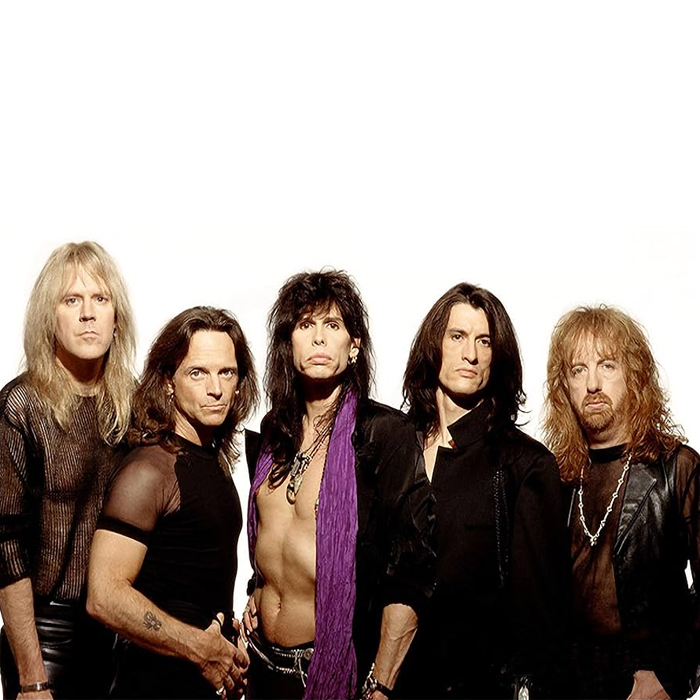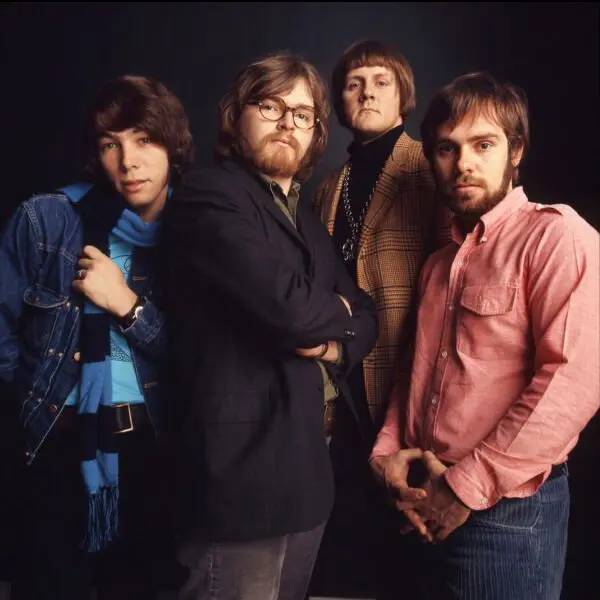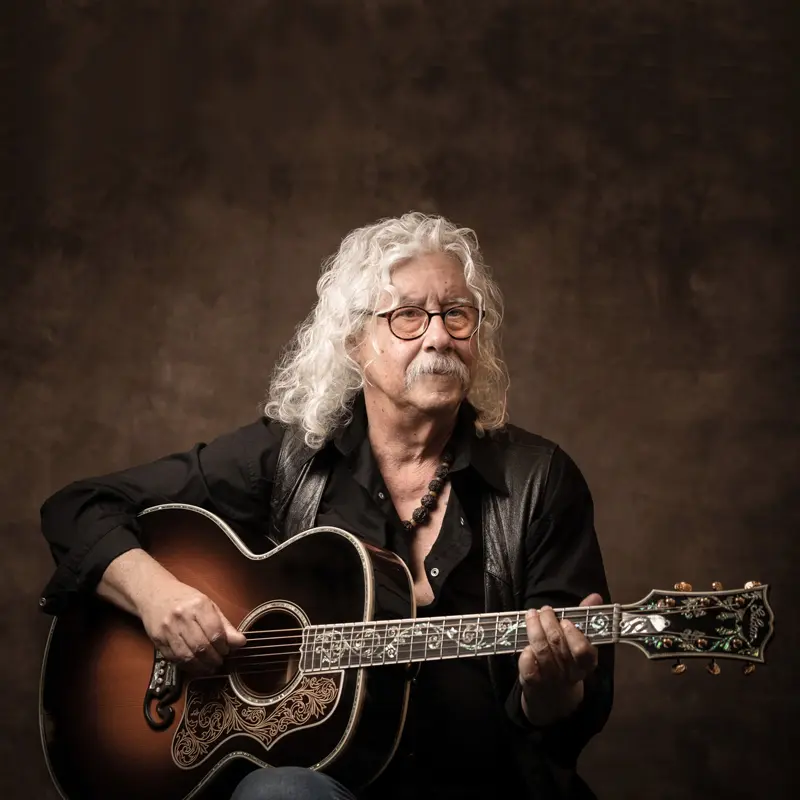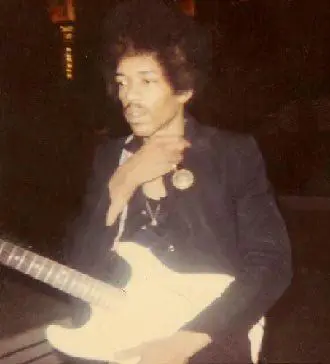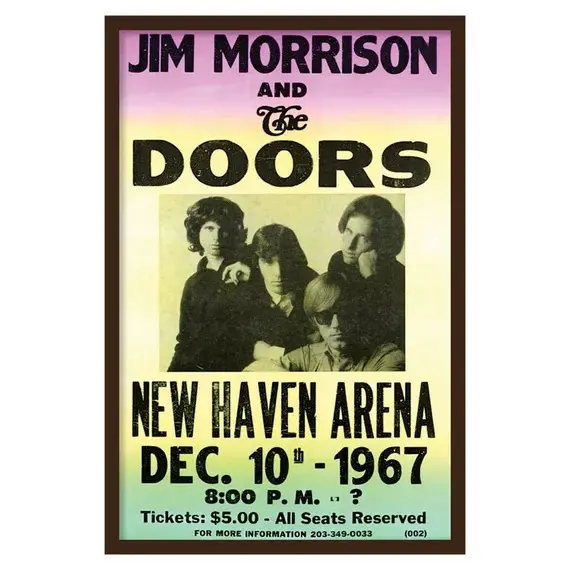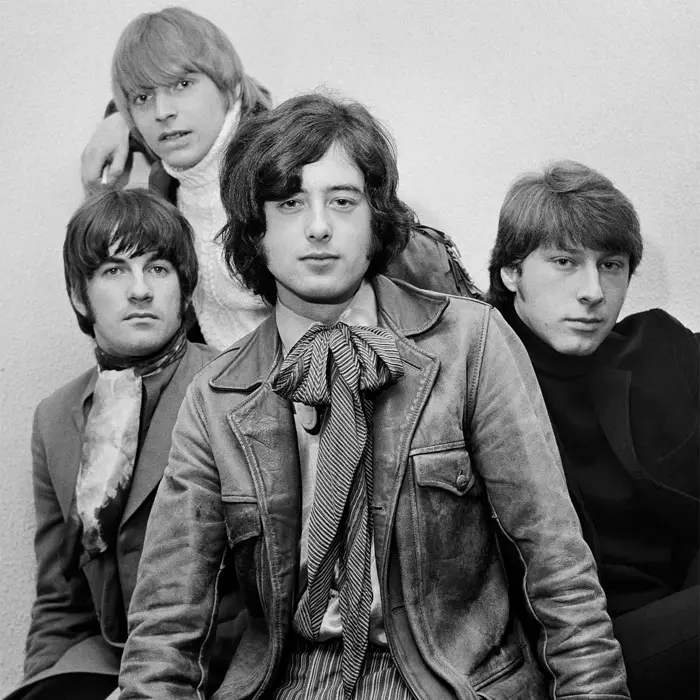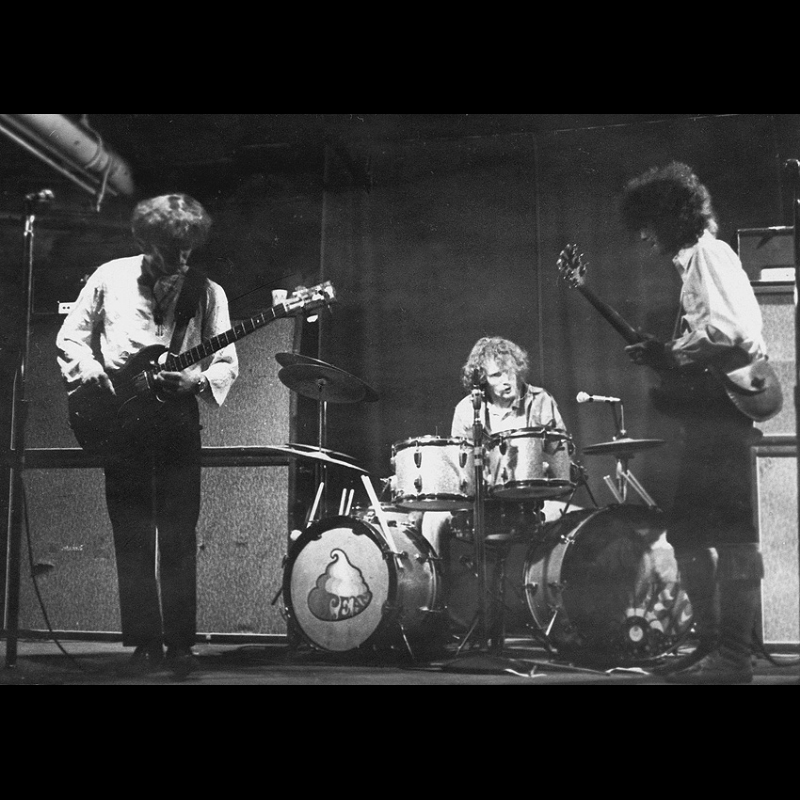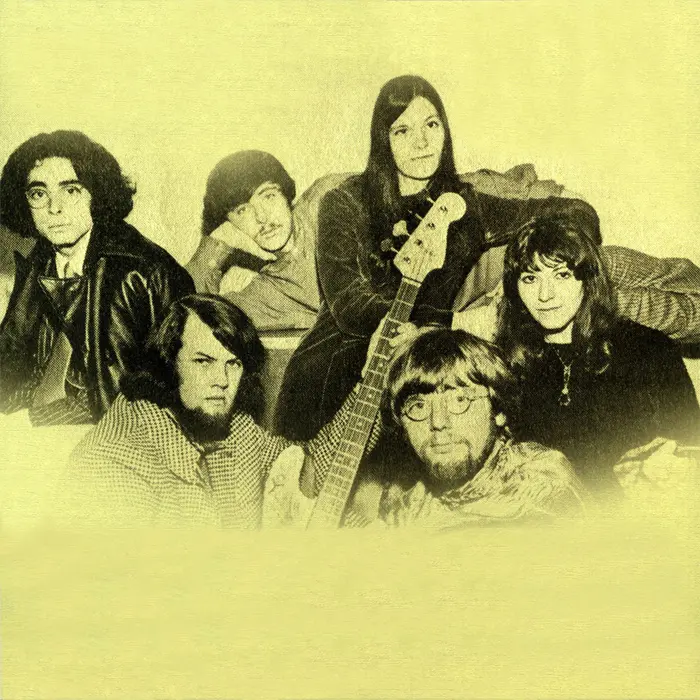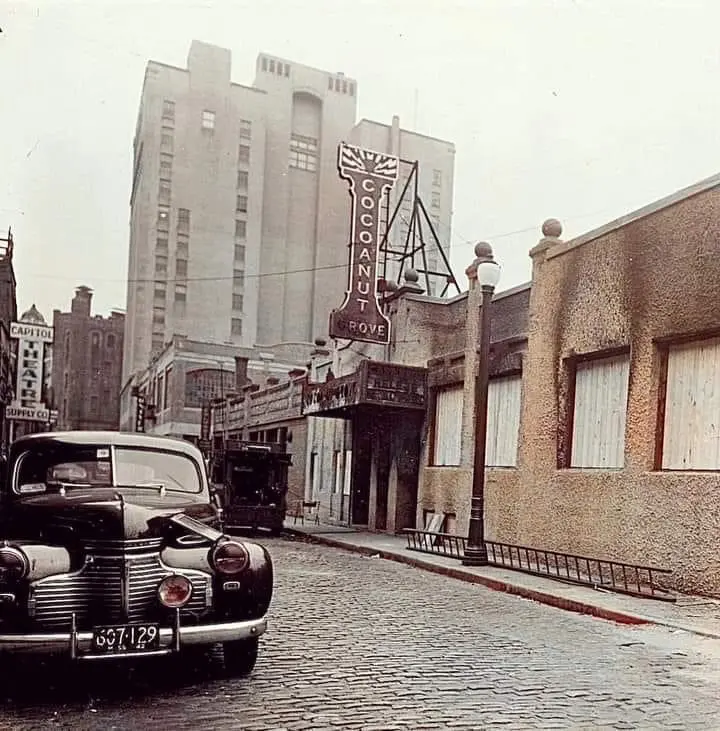The Commodore Ballroom
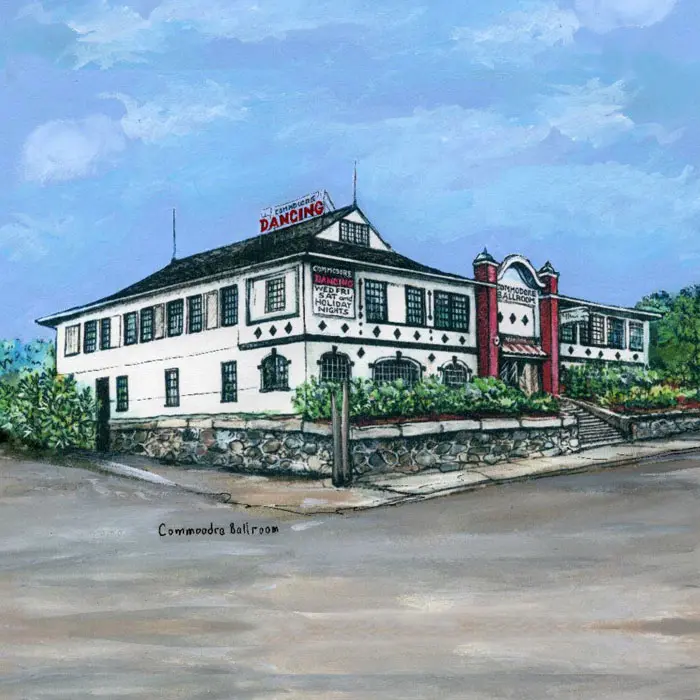
Driving down Thorndike Street in Lowell, you couldn’t miss the rooftop sign – “COMMODORE – DANCING” – not to mention the huge stairway leading up to the front door or the triangular marquis overhead. And not many musicians or live-music lovers missed the place during ‘60s, ‘70s and early ‘80s heyday, when the music scene in Lowell was vibrant and totally primed for a club that could showcase national and local talent with a sprawling dance floor to boot. Enter the Commodore Ballroom.
The venue originally opened as The Kasino in 1924, the brainchild of German born socialite and entrepreneur Carl Braun, Sr., a cellist who was a member of the Philadelphia Harmonic Orchestra. Braun opened the ballroom primarily as a dance club dedicated to big-band and swing audiences and the Braun family, who owned the company that first brought carousel amusements to America, were had a financial stake in Canobie Lake Park in Salem, New Hampshire, and its beloved ballroom; that connection, no doubt, inspired them to buy an old roller-skating rink on Thorndike Street and convert it into the Commodore.
NOTABLE APPEARANCES
Early on, many celebrated performers appeared at the venue including Count Basie, Duke Ellington and Louis Armstrong. Rumor has it that a 24/25-year old Frank Sinatra appeared at the venue in 1940/41 when he was singing with Tommy Dorsey’s orchestra, before he began his solo career in 1942. His appearance with Dorsey at Cocoanut Grove in Boston in 1941 is documented, so the rumor could very well be true. As the years unfolded, and along with them the fertile rock scene of the 1960s and ‘70s, the club became a must-play venue for every major national and local band; The Yardbirds, Ultimate Spinach, Cream, Aerosmith, Steppenwolf, The Doors, Orpheus, The Turtles, Arlo Guthrie, and Jimi Hendrix all played at the Commodore.
The venue’s success in those years was completely based on the talent that was brought in as the club didn’t even have a liquor license until 1975. Another appealing quality of the ballroom was the nightly cover charge which was $2.00 in the ‘60s only going up to $3.50 for the clubs biggest talent. If you couldn’t catch them at any of the iconic clubs in the hub the chances were good you could get to see your favorite band at the Commodore Ballroom in Lowell.
MR. C’S ROCK PALACE, CLOSING, LEGACY
The Braun family sold the club to a corporation headed by Dan Mulhern in 1973 and the ballroom became Mr. C’s Rock Palace in the mid ‘70s; along with the name change came a liquor license. In the late ‘70s and early ‘80s, Mr. C’s continued to bring in top live acts from the day such as Cheap Trick, The Joe Perry Project, The Ramones, Missing Persons, Foghat and Thin Lizzy, among others.
Unfortunately, however, while the club was still attracting great acts, it was also earning a reputation for being a trouble spot in the city with nightly arrests and frequent violence. This reputation eventually became the demise of the venue and Mr. C’s closed its doors for good in 1982. Like so many other once-great establishments that met with a similar fate, all that was left of the Commodore and Mr. C’s were memories of unforgettable nights listening to legends and future legends. Fortunately, those are the kind of memories that live forever.
(by Mark Turner)

